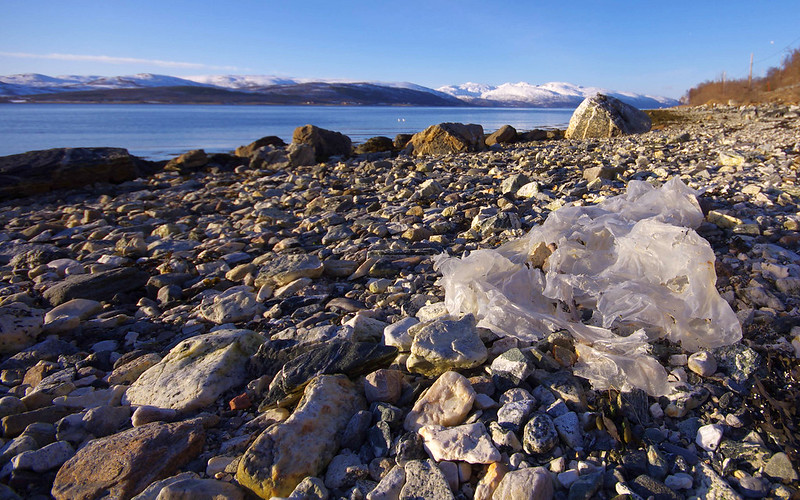A UN working group on marine litter and microplastics met at a virtual conference in early November to discuss the issue, where more than two-thirds of UN member states as well as the EU declared that they are open to considering the option of a new global agreement. However, two of the biggest per capita waste producers- the US and the UK- have yet to signal their participation in a new global plastic agreement.
—
The working group, set up in 2017, concluded that the existing international legal framework governing plastic pollution, including the Stockholm and Basel conventions, is “fragmented and ineffective.” A new treaty would be similar to the Paris Agreement or the Montreal Protocol. However, neither the UK nor the US have declared their desire for a new agreement.
What is Happening?
- While Britain is considering either negotiating a new global treaty or strengthening existing agreements to reduce plastic waste, the US has so far opposed an international agreement on plastic waste. However, with a massive part of new President-elect Joe Biden’s campaign centering around climate change, it is hoped that the US will be more receptive to such an agreement.
- The flow of plastic into the ocean is set to triple by 2040 if current trends continue, up to 29m tonnes a year- the equivalent of 50kg for every metre of coastline in the world. All efforts made and announced so far to curb plastic waste are expected to reduce the volume by only 7%.
- At the meeting of the working group, which will feed into the UN Environment Assembly conference in 2021 and 2022, many delegates expressed concern that the crisis was being exacerbated by excessive plastic pollution linked to PPE used to fight COVID-19.
- There was no consensus however, on whether a new global agreement would only address marine plastic litter or tackle plastics pollution as a whole and if it would be legally binding.
You might also like: Ocean Plastic Pollution Is On Track to Triple By 2040
Hugo-Maria Schally, head of the multilateral environmental cooperation unit at the European commission, said that the EU had been an advocate of a stronger global framework to address marine litter and plastic pollution for some time, and that the lack of participation so far by the US remained a challenge. Schally said, “We see moves by the US to come to some kind of understanding, but I’m not sure that the difficulties can be bridged.”
UPDATE NOVEMBER 23 2020: Britain has now thrown its weight behind a new global agreement to tackle the plastic pollution crisis. In a virtual World Trade Organization event, British barrister Lord Goldsmith said, “Plastic in the ocean is set to treble by 2025. The challenge we face is immense and urgent. We believe its time to negotiate a new global agreement to coordinate action on marine plastic litter and microplastic, one that goes far beyond the existing frameworks. With two-thirds of UN member states already on board we have a chance now to create an unstoppable momentum to tackle plastic pollution in a way that the Paris agreement has done for climate change and the Montreal protocol has done for ozone depletion. I hope many, many other nations will join us as well.”
Featured image by: Flickr

















